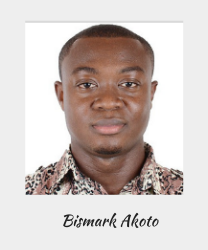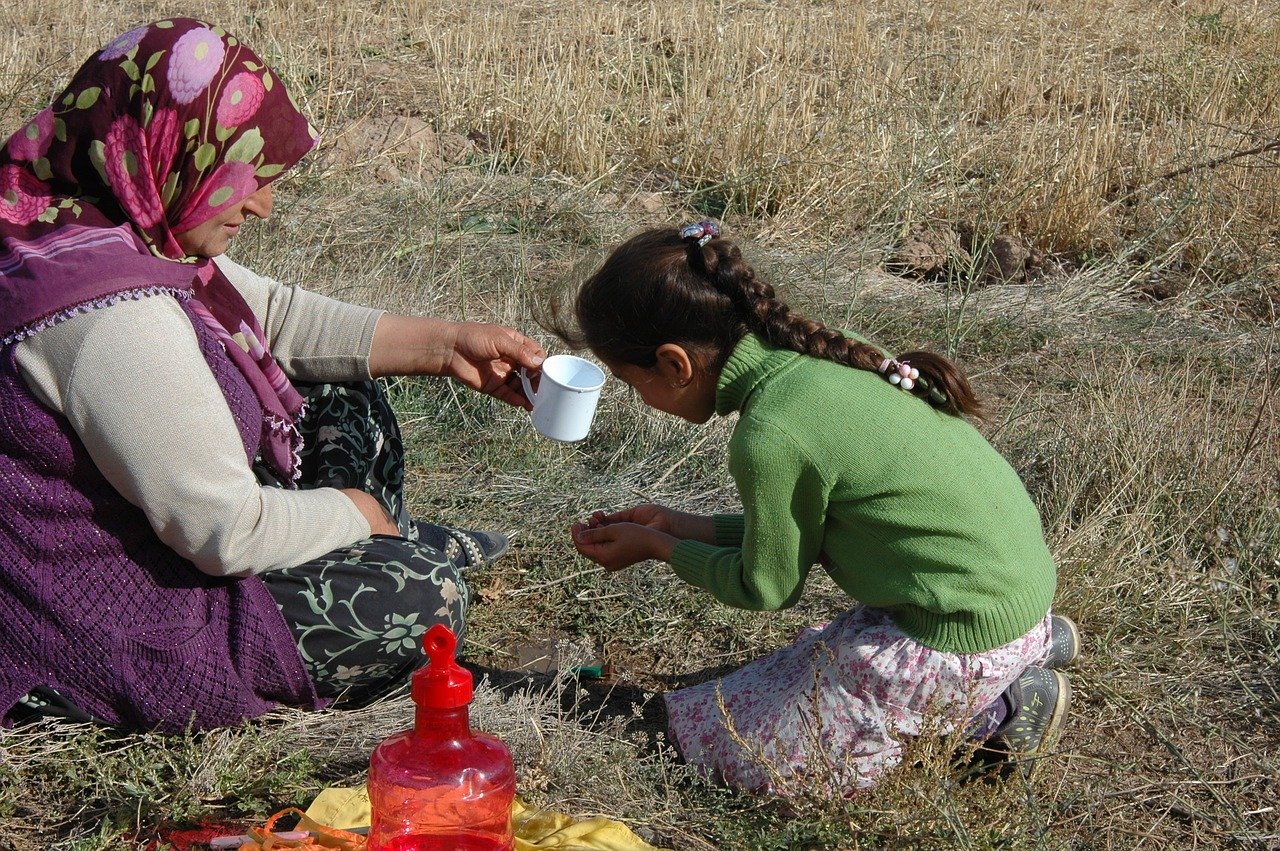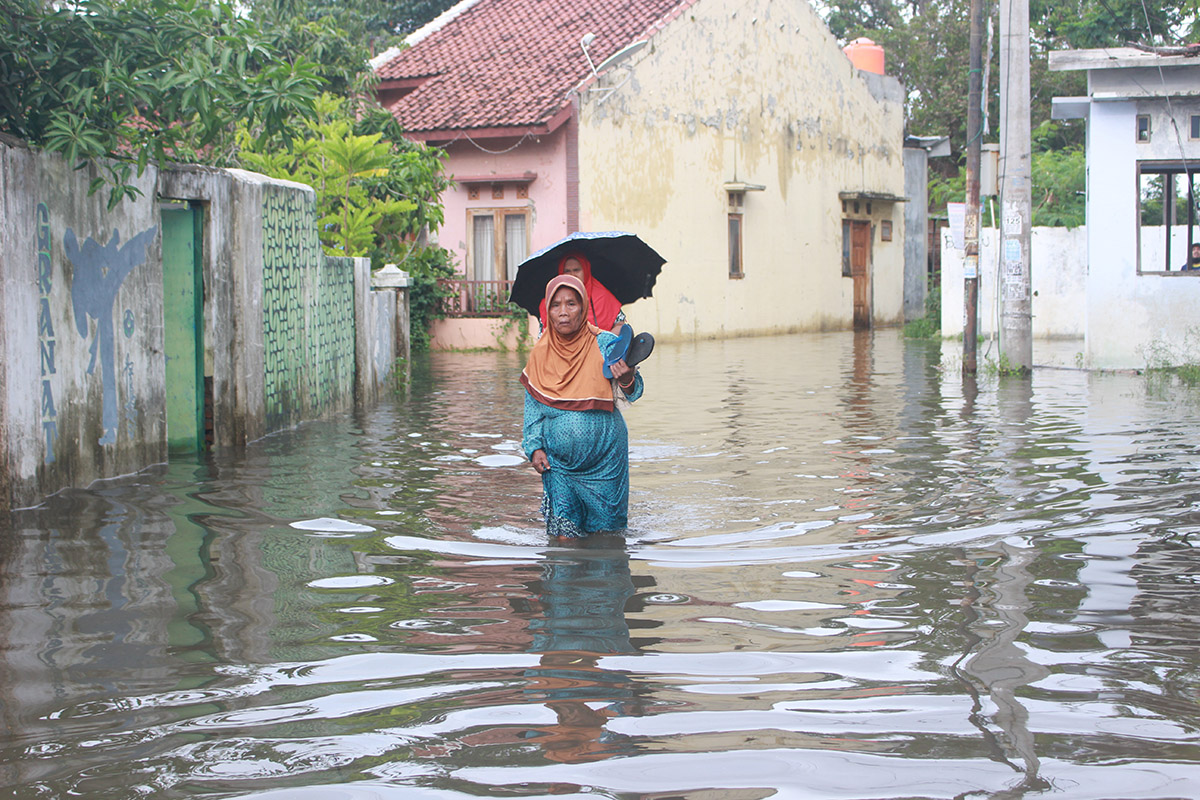Far from home and dodging coronavirus
April 24
Stay home, stay safe, stay alive. That is the global message as the coronavirus pandemic claims more lives. While many of us can practice social distancing, spare a thought for refugees, forced migrants and displaced persons who have no choice about how and where they live. Bismark Akoto, a 24-year-old Commonwealth Correspondent from Accra, Ghana looks at how coronavirus is uniquely impacting those far from home and those with nowhere to call home.
With the coronavirus, or COVID-19, spreading across the world, governments are restricting movements to halt the spread of the virus. Coronavirus is highly infectious and there is no known cure or vaccine as yet.
According to the World Health Organization, there are more than 2.5 million confirmed coronavirus cases in 213 countries, and over 175,000 people have died from the virus. It is also proving to be the biggest threat to the global economy in the last century.
Many of us have a home to go to during lockdown. The impact of the virus on displaced persons, refugees, and asylum seekers should not be overlooked. As governments move to support their citizens in these difficult times, these vulnerable groups should not be left out of any interventions.
The ease with which the virus spreads coupled with the close quarters that these vulnerable groups live in makes them particularly susceptible to the virus. Asylum seekers and irregular migrants spend many months in detention in unsanitary conditions. Meanwhile, many refugees live in harsh circumstances like informal settlements with no access to proper sanitation.
For example, on the Greek island of Samos and other islands off the Greek coast, some 38,000 people seeking asylum in Europe squeeze into facilities meant to take only 6,200. In such a case, it would be extremely difficult to follow prevention measures such as social distancing.
Furthermore, such people may have little information on preventive measures. They also generally have difficulties accessing basic services such as healthcare. Due to their illegal status, irregular migrants are reluctant to seek medical attention even in developed countries, thereby increasing the risk of spreading the virus.
Buying masks and hand sanitizers is out of the question as many do not have an income and rely on international organizations for their daily bread. Food supplies and aid can also be affected due to the restriction of movement within and between countries, leading to a double whammy of hunger and disease.
Asylum seekers, displaced persons, and refugees are ordinary people in extraordinary circumstances. They are humans like us who deserve to be protected and cared for. We should not forget them in these difficult times.
Indeed, coronavirus has affected vulnerable citizens across many countries. But let us not lose sight of the peculiar circumstances of refugees, asylum seekers, and forced migrants. They are displaced and in a foreign land.
One way is to include them in national response plans. Like Portugal, it would be worthwhile to temporarily grant all migrants and asylum seekers full citizenship rights. This will not only give them full access to healthcare but significantly reduce the public health risk.
While providing them with protective equipment and medical assistance, agencies such as the International Organization on Migration (IOM) and the United Nations High Commissioner for Refugees (UNHCR) should also pay close attention to the treatment of refugees and asylum seekers so that countries do not violate human rights under the cover of the pandemic.
Even though they are vulnerable, migrants continue to show courage and selflessness. Amid this pandemic, for instance, some Syrian refugees have swung into action in Switzerland, shopping and running errands for the elderly and other at-risk residents.
It is often said that asylum seekers, displaced persons, and refugees are ordinary people in extraordinary circumstances. They are humans like us who deserve to be protected and cared for. We should not forget them in these difficult times.
Image by Mustafa Bağ from Pixabay
………………………………………………………………………………………………………………………………………………………
About me: I am currently a graduate student at University of Ghana’s Centre for Migration Studies, a safe migration advocate, an IBUILD Africa Peace Ambassador, and a proud Commonwealth Correspondent. Additionally, I have internship experience with Ghana Refugee Board, where I served as an Assistant. My current research focuses on the resilience of irregular migration from Africa to Europe. I am interested in issues related to migration, education and human rights. It is my vision to use my acquired knowledge to help make our world a better place.
…………………………………………………………………………………………………………………………………………………..
Opinions expressed in this article are those of the author and do not necessarily represent the views of the Commonwealth Youth Programme. Articles are published in a spirit of dialogue, respect and understanding. If you disagree, why not submit a response?
To learn more about becoming a Commonwealth Correspondent please visit: http://www.yourcommonwealth.org/submit-articles/
………………………………………………………………………………………………………………………………………………………






